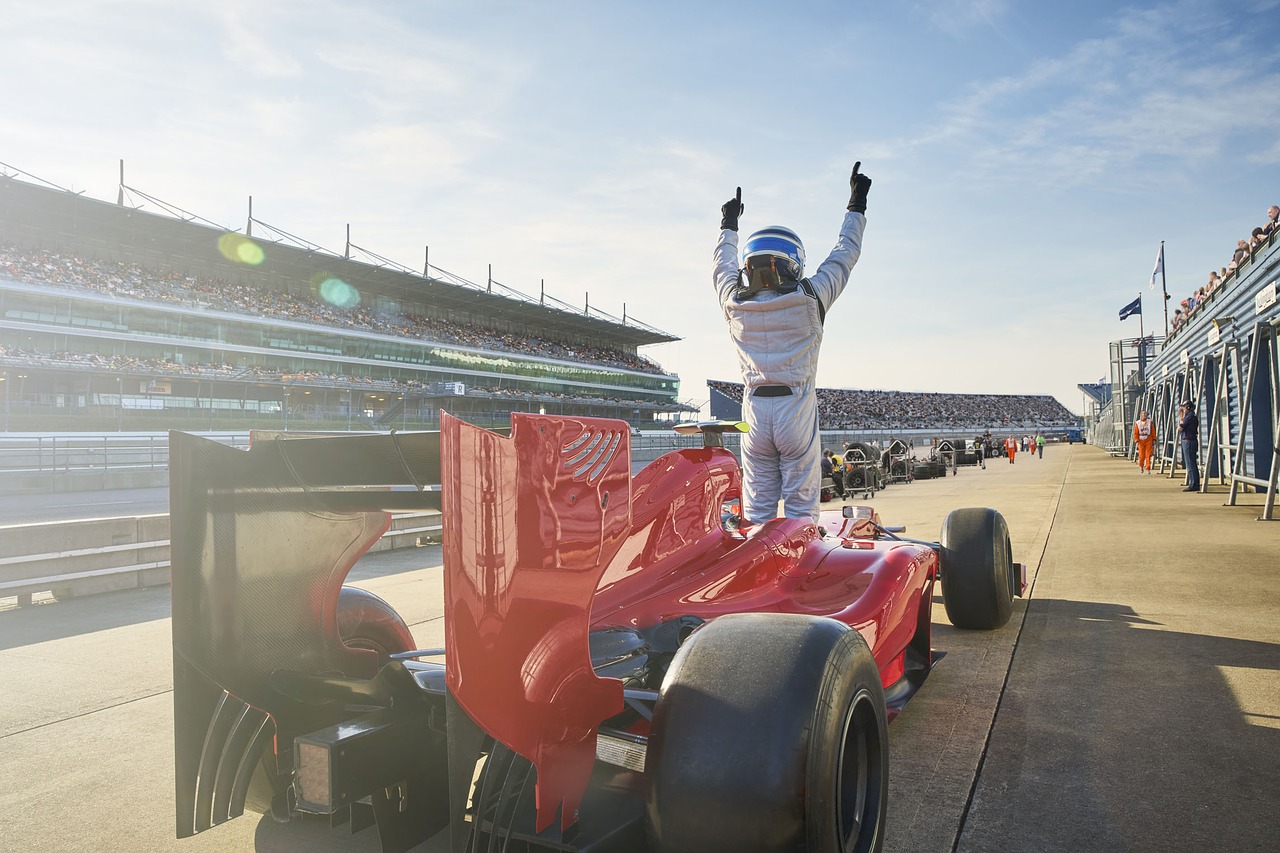Lewis Hamilton may well turn out to be the last builder of an F1 driving dynasty who did not start life training on a computer game. That is the message coming loud and clear from the F1 paddock all the way through to the sport’s grass roots.
Karting used to be the proving ground for drivers, but with tracks suffering financial hardship and the cost of running a kart being extortionate, the emergence of online driving experiences that mirror real life have opened up motorsports to a huge new demographic.
This is the story of how Esports became the new proving grounds for top motorsports teams and how the technology involved is set to revolutionise racing throughout the rest of this century.
It All Started with Gran Turismo
Although it is becoming more mainstream these days to go from a computer gaming background into a racing career, that was certainly not the case in 2011, when a shy young man by the name of Jann Mardenborough won an online qualifier featuring 90,000 other players to earn the right to pilot a car in the vaunted Dubai 24 Hour race.
Proving his appearance in Dubai was no flash in the pan, Mardenborough now races in the Japanese Super GT series. It was this son of an ex-professional footballer who blazed a trail for others to follow and opened eyes as to the prospect of new talent pools appearing anywhere there is a controller and a screen available. And it is not just in motorsport that computer game aficionados have switched online life for an offline career, with games produced by Football Manager, PokerStars and Microsoft Flight Simulator all helping gamers to get a foothold in more traditional real life fields, from sports management and tournament development to RAF training programs.

The First Esports Players Begin Joining F1 Development Teams
Since around 2017 F1 teams have been developing their very own standalone Esports racing teams, but only now are they beginning to realise to quite the extent that their online ventures will merge with those happening on real tarmac.
This came sharply into focus early in 2020 when it was announced that Esports star Igor Fraga would join the Red Bull Junior Team and would compete in the Formula 3 series. Other such signings followed suit, with Cem Bolukbasi joining the GT4 European Series and Mattia Binotto, team lead at Ferrari, publicly stating that more drivers would be sourced from Esports.

Esports Stars More Than Hold Their Own in Virtual GPs
With racing forced from tracks to the online sphere, the F1 Esports Series has been something of a baptism of fire for traditional F1 drivers, who suddenly find themselves up against young guns with more online experience and nothing to lose.
The results so far in the online series, that has been streamed everywhere from regular television channels to YouTube, have favoured younger drivers, who are used to playing online and training using simulators rather than the real thing. The next test will be to see how the likes of George Russell and Guanyu Zhou fare when they take their skills from computer screens to the track.
Will Drivers Even Be Needed Anymore
So, where is all this leading? Will less profitable junior and developmental driving series be shut down and moved online? Will expensive kart tracks shut down, as the drivers of the future head exclusively online? It is still perhaps too early in the naissance of e-racing to be sure of anything, but the signs are that the biggest racing teams in the world fancy Esports are here to stay.
Another chilling realisation is that soon enough human drivers may not be needed at all, as self-driving car technology develops. At least fatal accidents would be a thing of the past, but could you get excited about a computer chip being lofted onto the podium to be sprayed by champagne? No, we can’t either.







































